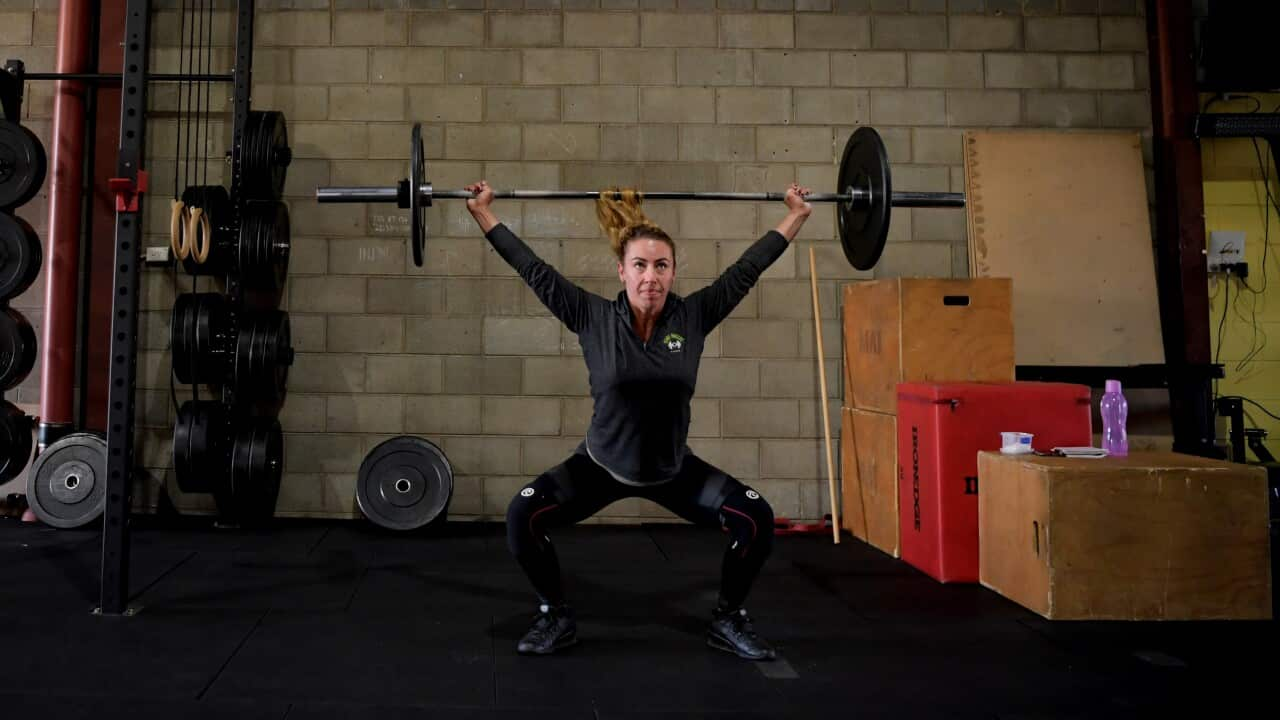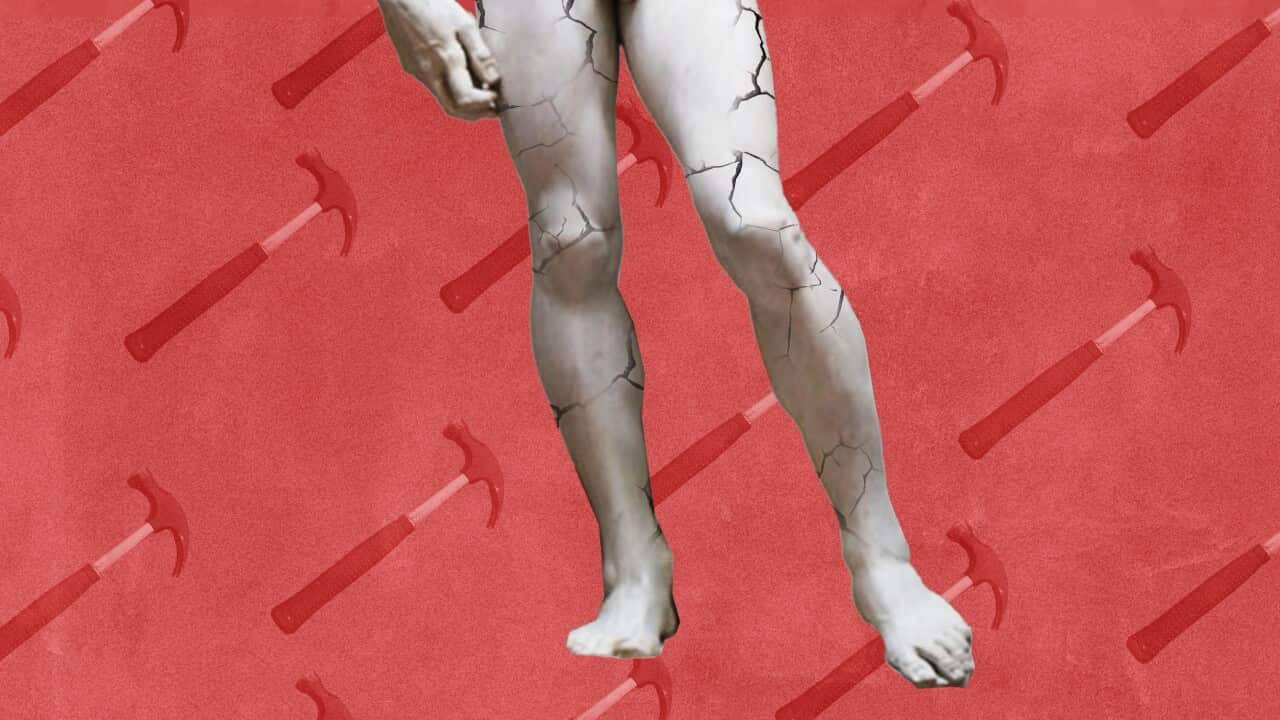Key Points
- Japanese company Yamasa came up with the idea that we need to walk 10,000 steps a day.
- But recent research says that as little as 4,000 has a positive health impact.
- The more steps you walk the better, according to researchers.
For decades, the idea that we need to walk 10,000 steps a day to reap the health benefits has been widely accepted as a target and pushed by governments and doctors.
But this advice didn't originate from scientists - it was invented by Japanese clock company Yamasa ahead of the 1964 Tokyo Olympics, University of Sydney exercise research fellow Dr Matthew Ahmadi told SBS News.
They were launching a new pedometer, which was a simple device with a metal ball that clicked up and down each time the wearer's hip moved, ahead of the games and the idea took hold globally after that, he said.
"They came up with 10,000 steps, because that's a nice round number, and it kind of stuck with the public because it's simple for people to set it as their goal.
"But then, as research progressed, wearables became more prominent in the research field and in the general population, and we began doing more robust studies on stepping.
"And we saw the 10,000 mark wasn't too far off from that optimal sweet spot and that's part of why it continued to stick until this day."
Researchers including Ahmadi generally agree that you don't necessarily have to walk 10,000 steps to unlock health benefits, but the more you do is always better.
How many steps do you need to walk a day?
A study published this week by Johns Hopkins University School of Medicine in the US and the Medical University of Lodz in Poland showed 4,000 was enough to start reducing the risk of dying prematurely of any cause.
Just over 2,300 steps is enough to benefit the heart and blood vessels, according to the analysis of more than 226,000 people around the world.
However, more steps equals more health benefits - every extra 1,000 steps beyond the 4,000 reduced the risk of dying early by 15 per cent up to 20,000 steps.
"Some is better than none, but more is better than some," Ahmadi said, adding that the study confirms the sweet spot for health benefits is 8,000 to 10,000, before you start seeing a reduction in the return on your effort.
"Try and be as active as you can, do activities you enjoy, because what we know from this study, and others, there is no upper limit to the benefits of activity."
The average Australian is doing around 6,000 to 7,000 steps a day according to recent research.
How does daily exercise benefit your health?
Walking over 4,000 steps a day may lower the risk for Alzheimer's and dementia later in life, Ahmadi said.
"It's typically through the cardiovascular system, and the respiratory systems where we're getting these most benefits," he said.
Exercise is essential for physical and mental health, senior lecturer in public health at Macquarie University Dr Josephine Chau told SBS News.
Walking over 4,000 steps a day "has been shown to have benefits for your heart health, and also reducing your risk of being overweight or obese and developing type two diabetes," she said.
"So in the longer term, it has those effects on preventing risk of developing these chronic diseases and in the shorter term being more active has been shown to have improvements on mood, and depending on how you like to do exercise.
"Some people might prefer to exercise outdoors and, or socially with other people. So you might have that social connectedness aspect, while others might prefer to exercise as a form of self-care which is also beneficial."
Chau has conducted research proving the benefits of "exercise snacking" - when movement is broken up into small chunks throughout the day.
She says this has just as much benefit as a half-hour workout, which is very encouraging for people who say they don't have time to exercise.
"If you're waiting for the kettle to boil while you're making a cup of tea, think about whether you could do a few squats or push-ups, start getting into those habits.
The pace of your steps is important
If you can increase your pace throughout the day when committing to a step target, that will give you benefits over and above the total number of steps, Ahmadi said.
"For the general population, typically walking, is the easiest thing for them to do so health bodies usually promote that.
But if they're able to run even brief bursts, doesn't even need to be a whole minute at a time, that can be really helpful and if you can't run, even doing some fast-paced walking can be good.
Australian government guidelines recommend doing 30 minutes of exercise a day.
"You need to pay attention to what you're already doing, and if you want to be more active, be aware of what your own baseline or what your own fitness level already is, and then slowly increase so that you do it in a safe way," Chau said.
"So whilst you might think about speed, but let's say you're not managing 30 minutes of walking a day, you could focus on that first."














